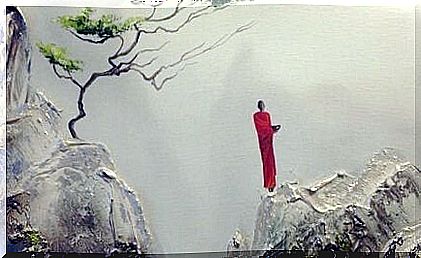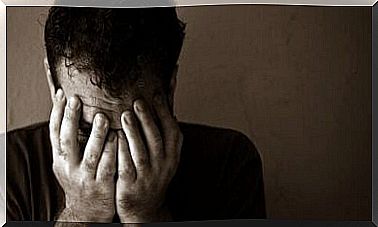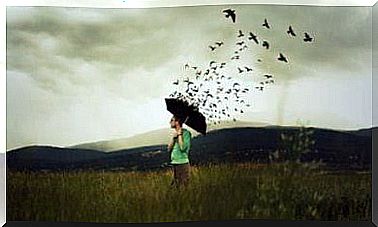What Does Zen Buddhism Say About Fear?

What Zen Buddhism says about fear has a lot to do with the ego. Masters of this particular philosophical discipline say that if the ego were an engine, fear would be the fuel. According to them, there are really only three kinds of fear and these three kinds all have to do with what we call the ego.
If you look at it that way, all the fear people experience is rooted in two specific things: attachment and ignorance.
Attachment makes you vulnerable because it involves focusing your mind, emotions, and desires on something external. This gives way to the first form of fear: the fear of losing what you are attached to.
Ignorance, on the other hand, puts you in a state of uncertainty and doubt. In this state of being it is easy to be anxious. If you are not able to accurately recognize danger or risk and do not know how to deal with it, you naturally become insecure and afraid.
So what Zen Buddhism says about fear is that there are three forms of fear, all of which stem from these two sources.
1. The Fear of Death: Zen Buddhism’s First Lesson on Fear
According to Zen Buddhism, the most basic fear people have is the fear of dying. For us, the loss of our life equals the loss of our body.
Humans are physical beings and our bodies are our most basic reality. We live in our bodies and the fear of losing our bodies is the fear of no longer being.
This fear is the same as our fear of death. However, death does not only represent the end of our bodily functions. There are also other stages of physical loss on the path to death. For example, you can lose your skills, youth, self-image or the normal functioning of your body.
What Zen Buddhism says about fear is that we can use our bodies to make these fears disappear. This fear is physical. If you banish your fear from your body, it will also leave your mind.
What you need to do is pay attention to the physical sensations of fear. Next, you need to inhale and exhale deeply, calm your rapid heartbeat and relax your muscles.

2. The fear of losing yourself
The fear of losing yourself can also be called fear of change. You begin to think that you are the way you used to be. This gives you the feeling that your whole being consists of the activities you perform every day, the spaces you move in, and the people you see regularly.
You have become so used to seeing yourself this way that you are afraid of change. You fear what might happen if you change your context and expose yourself to something new.
That’s when the fear of losing yourself arises. You are also afraid of not knowing what to do or how to act. It’s a kind of fear of being watered down, of not being .
According to Zen Buddhism, you can free yourself from fear through deep breathing exercises. In this regard, the abdomen is a source of strength.
They say that the belly is not only a source of strength, but also a source of peace. For that reason, it is recommended to take a deep breath (from the abdomen) if you feel this type of fear.

3. The fear of suffering
In general, suffering is anything that causes wear and tear on the nervous system. It produces an unpleasant and tiring feeling. Suffering has to do with limitations, frustrations and unfulfilled desires. It can be very intense and paralyzing.
The path to overcoming the fear of suffering has to do with spiritual growth, according to Zen Buddhism. When you start to see everything you experience as an opportunity to grow, the fear of suffering will gradually disappear. You must learn to see physical and emotional pain as something fleeting that helps you become a better person.
Zen masters tell us that suffering is a mental phenomenon. It happens when people attribute a positive or negative meaning to their experiences. In that sense, the extent to which we are willing to suffer really depends entirely on ourselves. We decide and control our fear of suffering.
These Zen Buddhism lessons about fear remind us that we are the ones who feed our fear. So we are also the ones who can make it go away. The best way to feed fear is to let your imagination run wild without having any tangible information.
Resisting change and the natural cycles of life is also a way to feed fear. However, some situations are unavoidable. No matter how hard you try to avoid them and as much as you fear them, at some point they will find you.









